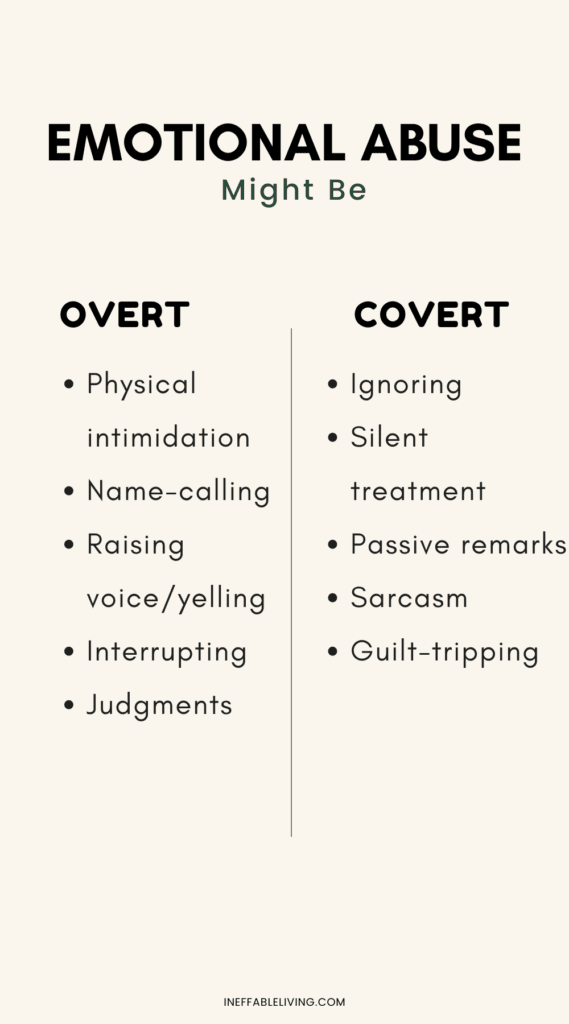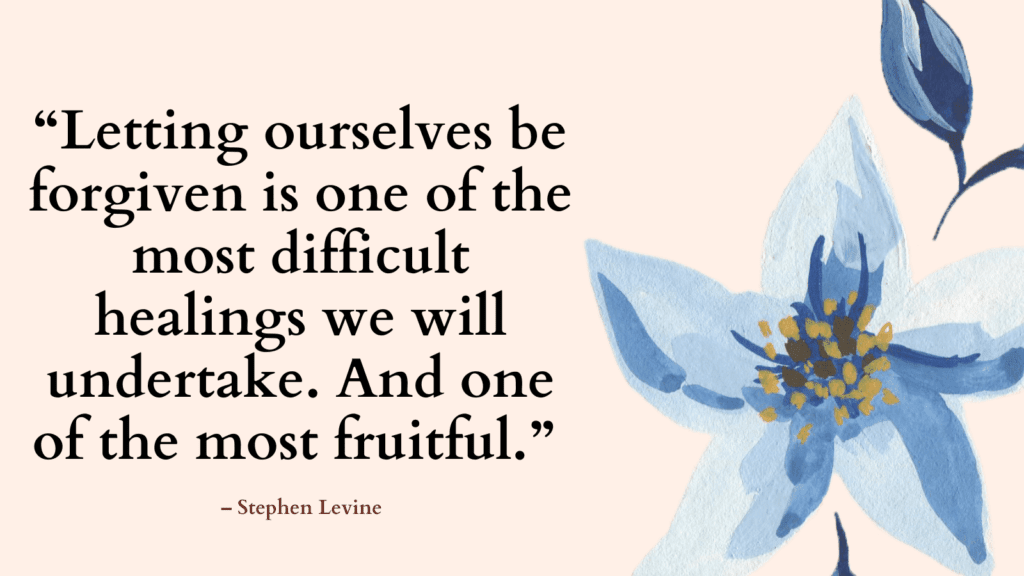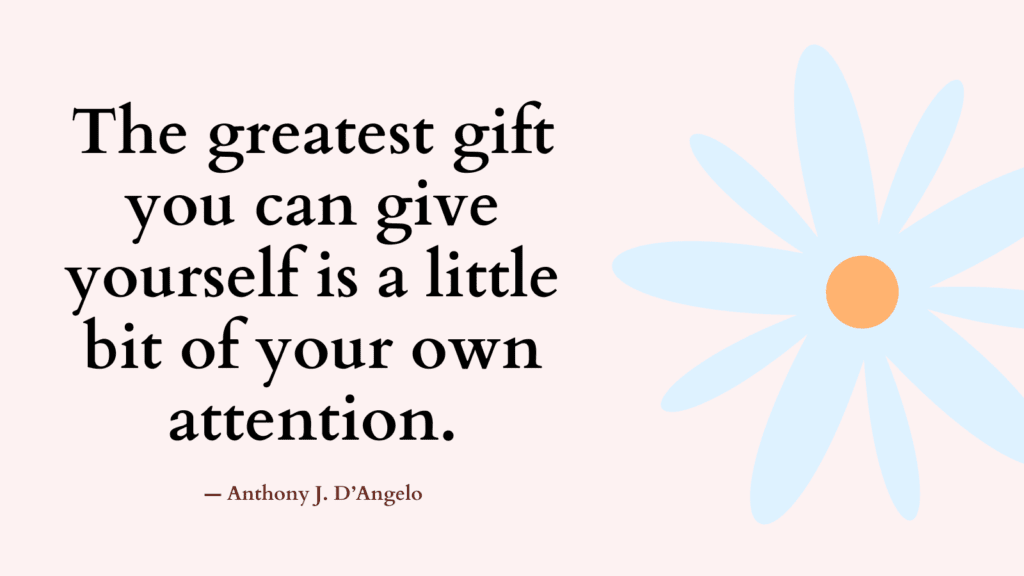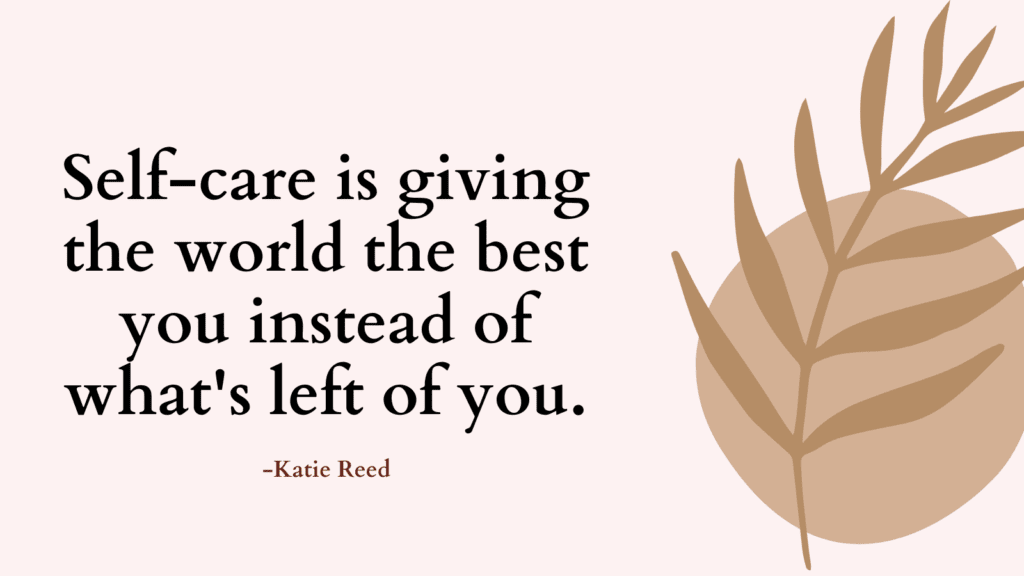This post contains “Am I controlling in my relationship quiz”.
Am I Controlling In My Relationship Quiz
Results
#1. Do you often dictate what your partner does, who they spend time with, how they dress, and more?
#2. Are you always quick to criticize?
#3. Are you isolating your partner from their friends and family by not wanting them to focus on these relationships or asking them to spend more time with you instead?
#4. Do you always want to know where they are, checking up on them all day long?
#5. Do you often look through their phone or social media accounts?
#6. Do you feel uncomfortable with your partner making decisions or doing things without you?
#7. Do you ask a lot of questions to the point of smothering your partner?
#8. Do you often make your partner feel guilty by blaming them for your problems?
#9. Do you often find yourself giving your partner the silent treatment as a punishment or when they don’t do as you tell them?
#10. Do you often become defensive at the smallest sign of conflict?
Note: This test is not meant to act as a substitute for proper assessment.
Results
The questions above represent common signs you could be controlling in your relationship. If you answered yes to most of these questions, then you might have control issues.
It’s important to note that it’s the behavior itself that indicates controlling issues, but what motivates the behavior.
When such behaviors are motivated by fear of losing the person, distrust, personal insecurities, etc. then the behavior becomes a sign of trying to control someone else.
If you suspect you might be a controlling person, consider seeing a therapist to help you figure out how best to address your behavior.
Related: Top 10 Powerful Strategies To Stop Being An Abusive Person

FREE Printable Relationship Worksheets (PDF)
How To Stop Being Controlling In Your Relationship?
If you feel like you are being overly controlling in your relationship, there are several steps you can take to help yourself stop:
1. Recognize That You Have A Problem
The first step is to acknowledge that your controlling behavior is harmful and that you need to change.
Signs of control in a relationship can be subtle at first and may not be immediately noticeable.
It can start with small actions, such as monitoring the other person’s communication, insisting on accompanying them everywhere, or discouraging them from socializing with other people
Over time, the controlling behavior can escalate and become more severe, leading to emotional or even physical abuse.
It is important to recognize these warning signs early on in a relationship and address them with your partner.
Consider the impact it’s having on your relationship and on your partner’s feelings.
Being controlling can be damaging to both you and your partner, leading to feelings of resentment, frustration, and even anger.
Related: Best 6 Ways to Let Go of Wanting to Control Everything
2. Address Underlying Issues
Recognizing and addressing any underlying insecurities or fears that may be driving your controlling behavior can help to break the cycle.
One common reason people become controlling in relationships is due to insecurity or fear of abandonment.
For example, if you’ve been hurt in the past by a partner leaving you, you may try to control your current partner’s behavior to prevent them from leaving as well.
Similarly, if you don’t feel confident in yourself or your relationship, you may attempt to exert control over your partner as a way to feel more secure.
To stop being controlling, it’s essential to work on these underlying issues.
This could involve seeing a therapist to address past trauma or insecurities, practicing self-care and building self-esteem, and communicating openly and honestly with your partner about your fears and concerns.
Related: Best 7 Books On Detachment
3. Communicate With Your Partner
Discuss your behavior with your partner and express your desire to change.
You can start by acknowledging that you may have been controlling and express your desire to change.
Then, listen to your partner’s perspective and understand their feelings and needs.
This will help you gain insight into how your behavior may be impacting them.
You can also work together to establish healthy boundaries and agreements on decision-making.
Allow your partner to have a say in the things that affect both of you, and avoid imposing your own preferences or decisions without consulting them.
Another important aspect to consider is building trust in your relationship.
If you feel the need to control things because you don’t trust your partner, address these concerns openly and work together to find solutions.
Remember that trust is built over time through consistent actions and behaviors.
Related: How To Validate Someone’s Feelings Without Agreeing? (+Examples of Validating Statements)
4. Practice Empathy
If you find yourself trying to control your partner’s actions, thoughts, or feelings, the best solution is to practice empathy.
Empathy means putting yourself in your partner’s shoes and seeing things from their perspective.
It involves understanding and validating their emotions, even if you don’t agree with them.
To practice empathy, you need to listen actively to your partner and be open to their point of view.
You should avoid interrupting or judging them and instead focus on what they are saying.
Try to put yourself in their position and imagine how they are feeling.
Ask questions to clarify their thoughts and feelings, and validate their emotions by acknowledging them.
One example of practicing empathy is when your partner is upset about something.
Instead of dismissing their feelings, try to understand why they are upset and empathize with them.
This could involve using phrases like “I can see why you might feel that way” or “It sounds like you’re really struggling with this”.
Showing empathy can help your partner feel heard and valued, which can strengthen your relationship and reduce controlling behavior.
By practicing empathy, you can build a stronger connection with your partner and foster a more positive and loving dynamic.
Related: Best 10 Books On Validation
5. Let Go of The Need For Control
Controlling behavior can be detrimental to any relationship, causing feelings of resentment, anger, and frustration.
To stop being controlling in your relationship, you need to let go of the need for control.
Give your partner space to make their own decisions and respect their choices.
Ask for their input and opinions, and make an effort to listen and consider them.
This can help build trust and intimacy in your relationship.
Additionally, try to let go of the small things and focus on what’s most important.
It’s okay to have preferences and expectations in a relationship, but it’s essential to be flexible and compromise when necessary.
Related: Rational Detachment – What Is It and How to Cultivate it
6. Develop Trust
This can be achieved by taking steps to build a strong emotional connection and establishing open communication.
Avoiding possessiveness is crucial, as this emotion often leads to controlling behavior.
Instead, focus on building a sense of security in the relationship through consistent displays of affection, reassurance, and mutual respect.
Trust takes time and effort to build, but once established, it can create a healthy and thriving relationship for both partners.
Remember, trust requires vulnerability, and being willing to be vulnerable with your partner can go a long way towards building a strong foundation for your relationship.
By prioritizing trust and open communication, you can stop being controlling in your relationship and create a more fulfilling and satisfying partnership.
Related: Emotional Intimacy Test (+13 Tips On How To Increase Emotional Intimacy In A Relationship?)
Conclusion
Being controlling in a relationship is a common problem that can cause tension and conflict.
Recognizing this is the first step to overcoming it.
Take some time to reflect on why you feel the need to control everything.
Remember, your partner should be your equal, not someone you need to control.
Instead, try to listen to their input, compromise, and respect their decisions.
This will help build trust, improve communication, and strengthen your relationship in the long run.
It’s essential to keep in mind that stopping controlling behavior takes time and effort.
Be patient with yourself and your partner, and continue practicing open communication and mutual respect.
By doing so, you can nurture a healthy and fulfilling relationship based on trust, empathy, and understanding.
References
- Signs of a Controlling Relationship | Relationships Australia QLD (raq.org.au)
- Signs You’re Being Too Controlling (insider.com)
- 20 Signs Your Partner Is Controlling | Psychology Today
- What If You Are a Controlling Partner? | Psychology Today
- 16 Ways To Stop Being Controlling In A Relationship (aconsciousrethink.com)







